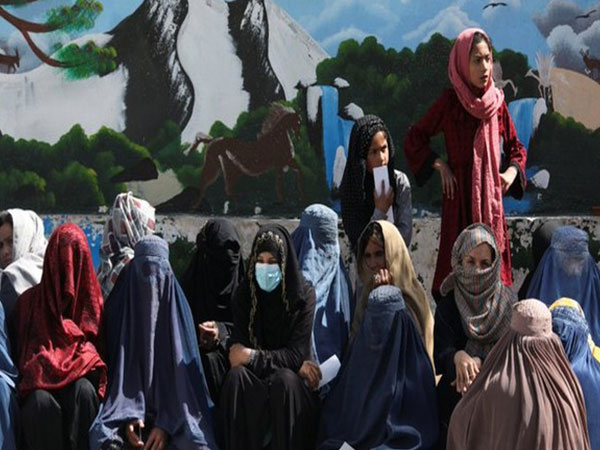More than two years have elapsed since the Taliban imposed a ban on girls studying beyond the sixth grade in Afghanistan, and there are no indications of reopening schools to girls beyond this level. In response, Afghan women are restating their urgent plea for access to education, emphasizing that schools have remained closed for an extended period, with uncertainty about future plans to reopen them.
The Deputy Foreign Minister of the Islamic Emirate, Sher Mohammad Abbas Stanikzai, has spoken of the education of women in the country as it has been more than 760 days since the closure of schools to girls above sixth grade in the country.
Taking to X (formerly Twitter), Stanikzai stressed the importance of educating women in Afghanistan. “Education is something that no one can take away from you. A good education can change anyone, and a good teacher can change everything,” he wrote.
Firoza Amini, a women’s rights activist, expressed concerns about the impact of restrictions on girls when schools and universities are closed. She highlighted the rising levels of depression, despair, and demotivation among girls and the harm caused by these limitations. Since the Taliban took control of Afghanistan in 2021, they have implemented various decrees imposing restrictions on women. Afghan women have encountered numerous challenges in the wake of the Taliban’s return to power, including limited access to education, employment, and public spaces.
Earlier, in a big development, the European Union Parliament had passed a resolution condemning the severe human rights violations in Afghanistan, particularly denouncing the “gender apartheid policy” enforced by the Taliban. The EU highlighted that since the Taliban took control of Afghanistan, there has been a surge in the suppression of women, civil society, human rights defenders, and various human rights violations.
The resolution garnered great support, with 519 votes in favor, 15 against, and 18 abstentions. It also condemned the escalating human rights abuses in Afghanistan, including arbitrary detentions, extrajudicial killings, forced disappearances, and torture carried out by former security forces.
The EU Parliament further called for the removal of the severe restrictions on women and girls’ rights in accordance with Afghanistan’s international commitments, firmly criticizing the Taliban’s gender-based discriminatory policies.
(Inputs from ANI)














